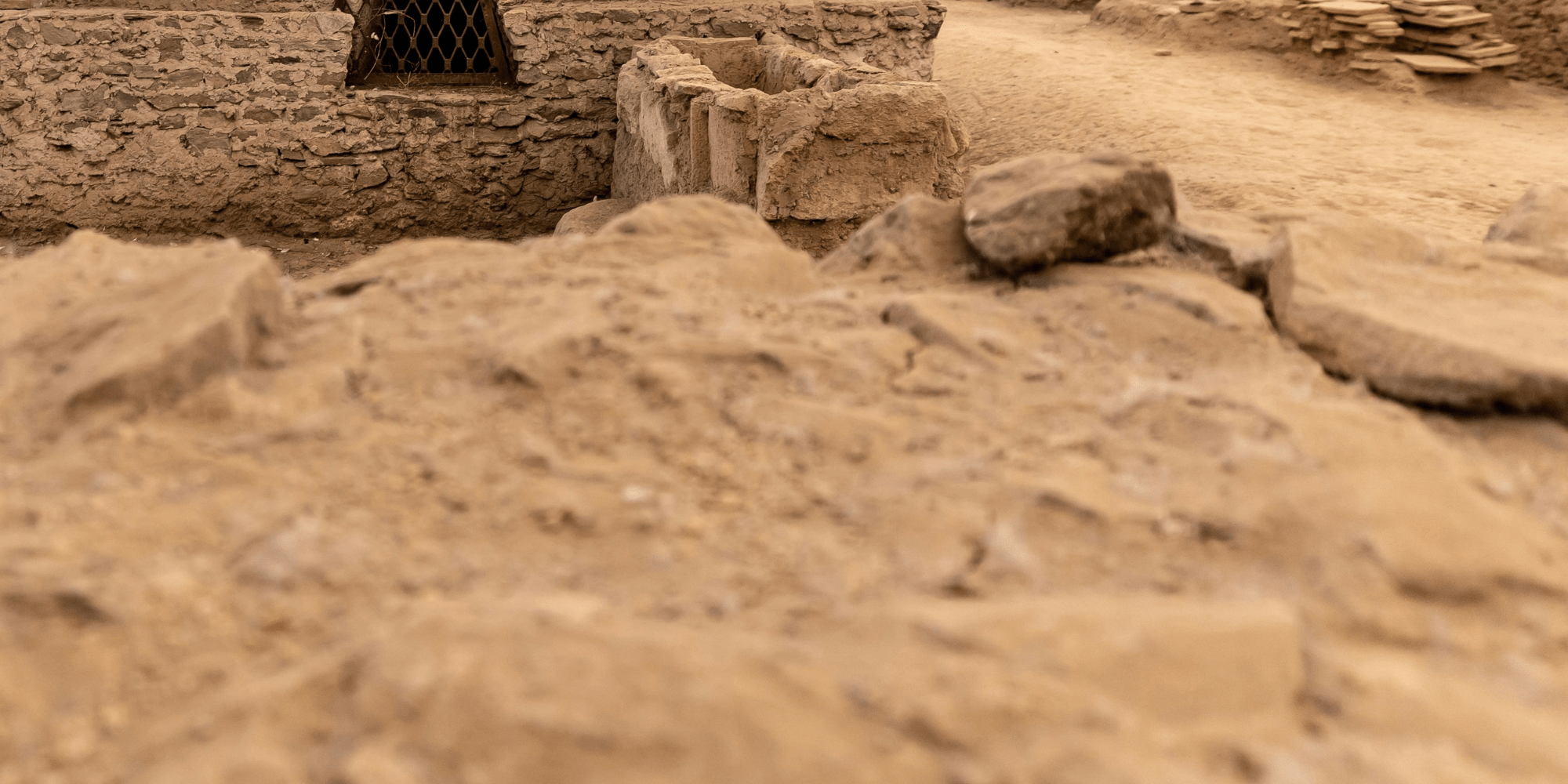Archaeologists in Peru have announced the discovery of the ancient city of Peñico, dating back 3,500 years. This city may have served as a significant trading hub connecting the cultures of the Pacific coast with those of the Andes and the Amazon. The discovery offers new insights into the development of South American civilizations, highlighting their complexity at a very early stage in history.
Peñico is located at an altitude of approximately 600 meters above sea level in the Barranca province of northern Peru. It was founded between 1800 and 1500 BC, during the same period when the civilizations of Mesopotamia, Egypt, and the Indus Valley were developing in other parts of the world. The city’s center features a distinctive circular structure on a hill terrace, surrounded by stone and clay buildings.
Researchers emphasize that Peñico may have played a crucial role following the decline of the Caral civilization—the oldest known civilization in the Americas, dating back about 5,000 years. According to Professor Ruth Shady, who leads the research, Peñico was likely founded as a cultural successor after climate change caused destruction to Caral.
Among the notable discoveries are depictions of the pututu—a seashell used as a musical instrument, known for its sound carrying over long distances. Other findings include clay sculptures of people and animals, ritual objects, and necklaces made of beads and shells found in various buildings.
The discovery of Peñico further confirms that ancient South American communities developed complex urban and cultural structures independently from influences of the Old World.
Source: Reuters.










